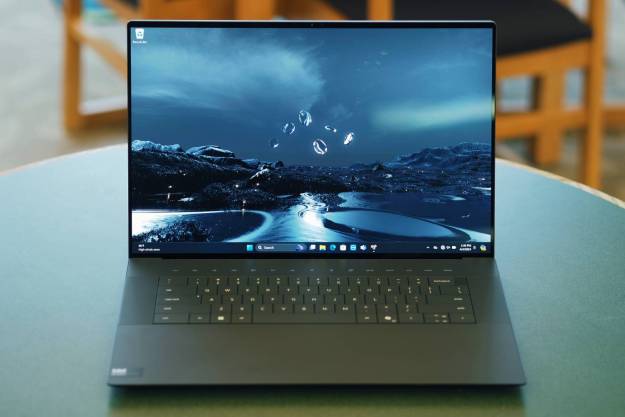
“We all portray different characteristics of ourselves in different situations,” says Mozilla security engineer Tanvi Vyas. “The way I speak with my son is much different than the way I communicate with my co-workers. The things I tell my friends are different than what I tell my parents. I’m much more guarded when withdrawing money from the bank than I am when shopping at the grocery store. I have the ability to use multiple identities in multiple contexts. But when I use the web, I can’t do that very well.”
Enter Containers, a way to completely separate multiple, different contexts. Thus, one tab can focus on personal browsing while other tabs can individually handle business, banking, and shopping. For instance, the Work Container houses specific cookies, indexedDB, localStorage, and cache that are accessible by websites. The Personal Container has a completely different set of that type of data. This prevents the need to use different browsers, the need to switch accounts, or the need to use an account switcher.
That said, there are four color-coded, default Containers (Personal, Business, Shopping, and Banking). To open a new Container, users simply click on “File” and then “New Container Tab” (or via the “hamburger” menu). To keep users aware of what Container they’re using, an associated icon is planted on the right side of the URL bar. The tab itself even has a colored border so that users can quickly identify the context of that particular webpage. Regular tabs that don’t use a specific Container have no tab decoration whatsoever.
Note that the four special Containers do not have access to site data used by normal tabs, aka default Containers. In turn, regular tabs can’t access data used by the four Containers. However, all containers share the same browser history, bookmarks, saved passwords, saved search and Form data, permissions, HSTS flags, OCSP responses, and security exceptions for invalid TLS certificates.
“We only segregate data that a site has access to, not data that the user has access to,” Vyas adds. “The Containers feature was designed for a single user who has the need to portray themselves to the web in different ways depending on the context in which they are operating.”
Vyas points out that the new Container feature is merely experimental at this point, so don’t get your hopes up that this will be a permanent feature in an upcoming stable release. That could eventually change if all goes well in the developmental process, but for now, Mozilla simply wants feedback to perfect this feature before there’s any thought about it moving beyond Nightly.
Until then, Firefox users will just have to keep using two browsers for two accounts, or open a Private Browsing Window in the same browser to log into a second account.
For a more detailed accounting of the new Containers feature, Vyas provides a long Q&A right here.


